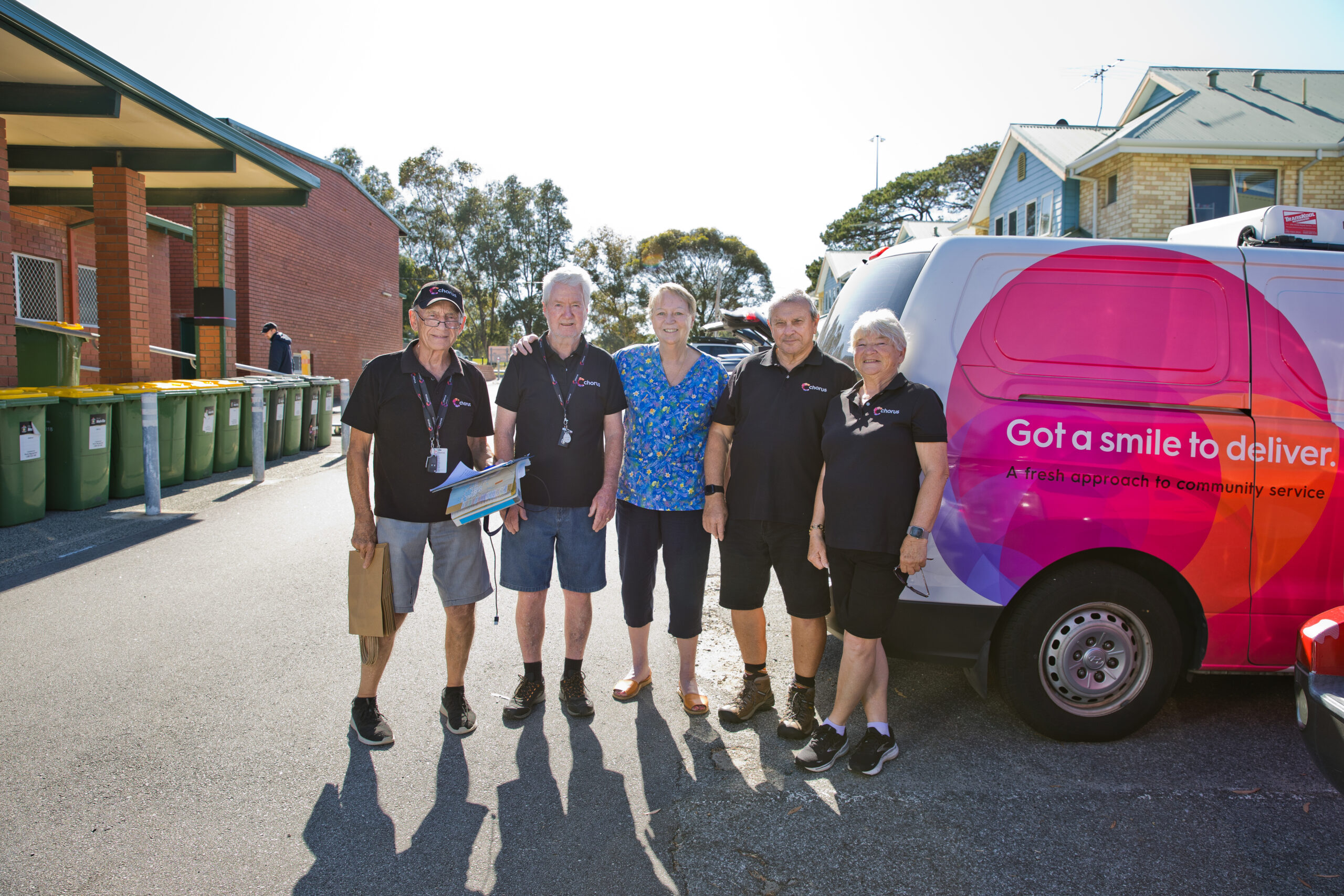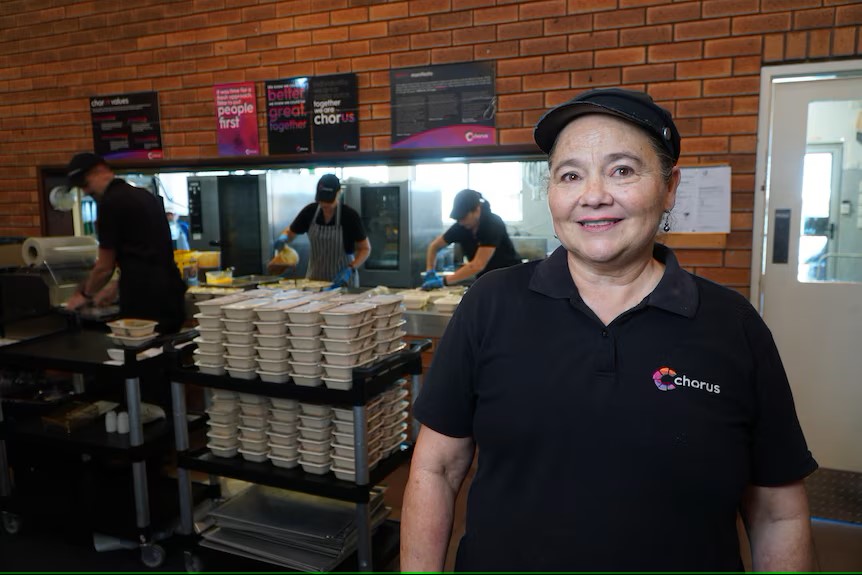Our mental health can impact our lives at any time. In fact, Australian Government statistics show 45% of Australians aged 16 to 85 will experience a common mental health condition, such as depression, anxiety or substance use, in their lifetime.
When a mental health condition does affect you, it’s important you receive the help and support you need to feel better.
At Chorus, our mental health team will work with you to develop a unique and personalised recovery plan with identifiable, realistic and achievable goals. The plan outlines what you want your life to look like and how to get there.
This “Person-First Planning” approach is flexible and can be adapted as your circumstances change. After all, it’s your health so it’s important the plan is also yours.
How does a personalised mental health recovery plan work?
Customers on the mental health recovery journey may be referred to Chorus from specialist mental health services, their GP or counsellor, or other agencies, or they may self-refer.
When you come to Chorus you are assigned to one of our mental health recovery workers — currently based in our Mandurah, Bunbury and Albany offices — who will talk with you about your situation and what it is you want to change. Often this is done over a series of sessions that can be at a location you’re comfortable with, such as your home, a cafe or the beach.
Bunbury Lead Specialist Jerry Caruana said: “The work we do within our mental health recovery program is all around helping a person to progress in whatever way they want to progress in their life.”
What is included in a personalised mental health recovery plan?
A personalised mental health recovery plan can include:
- Goals. What do you want your life to look like? One of the first objectives is to identify your broad dreams and goals. We then look at specific goals such as reconnecting with family or securing housing.
- Strengths. This helps to identify all the good things about yourself. It takes into account past achievements and your qualities so you can develop a belief in yourself.
- Interests and hobbies. What do you enjoy or have you enjoyed in the past? Often these activities can help you to get better and stay well.
- Supporters. Who is there when you’re having a tough day? Equally important is identifying whom you don’t want involved in your recovery because they could be counterproductive.
- When I am well. What do you notice when you’re well? Just as important, what are the signs when you’re unwell?
- Safety Plan. A plan establishes strategies for what to do if you feel like you could harm yourself or others.
- Hospitalisation. If you do need hospitalisation for some reason, what needs to be put in place to have a pet or your house looked after?
- What can make you feel worse? If you’re feeling bad or are in crisis, it’s important for carers and mental health recovery workers to know what could make you feel worse.
- Helping yourself. This identifies what you can do to make yourself feel good. Often recovery is more about what you do rather than what others do for you.
- Safeguarding. This looks at areas of risk, such as financial management, and finds strategies to safeguard against this.
Mr Caruana said recovery plans have to be based on what the customer wants.
“It doesn’t matter what we think; that’s of no consequence whatsoever,” he said. “It’s about what the person wants and what they consider to be recovery because recovery means different things to different people.”
What can be achieved with a personalised mental health recovery plan?
A personalised mental health recovery plan is reassessed regularly, along with your mental health, which is checked against a series of questions that measure progress.
Mr Caruana said initially a new customer may have appointments two to three times a week, which could then taper off to weekly or fortnightly, depending on their needs.
“One of the key things that’s really important when people are unwell is to maintain some hope. And there is hope — there always is hope,” he said. “People can and do recover from mental illness all the time.”
How do I go about getting a personalised mental health recovery plan?
If you’re struggling with your mental health, first contact your GP, who can direct you to the most appropriate service or organisation. You can also call Chorus on 1800 264 268 to discuss your situation.
If you find Chorus to be the best fit for you, then one of our mental health recovery workers will work with you to develop a personalised health recovery plan.
Our team of mental health recovery workers are available to help you. For more information, get in touch at 1800 264 268 or chorus.org.au.
If you are in crisis, please contact one of the following support services:
Lifeline 13 11 14 (confidential telephone crisis support service available 24/7 from a landline, payphone or mobile).
Suicide Call Back Service 1300 659 467
If life is in danger, call 000



